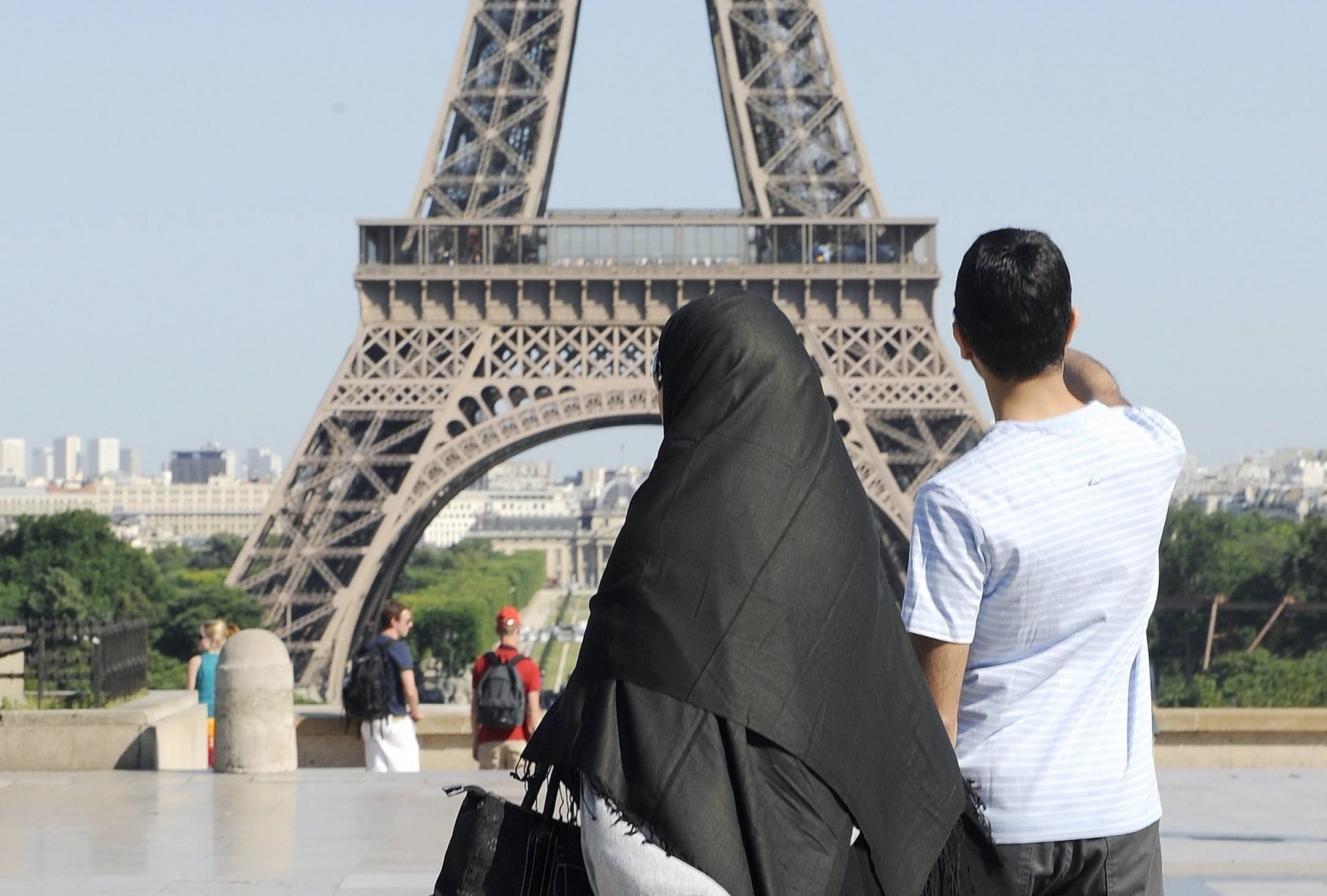Amnesty International Urges France to Reject Proposed Headscarf Ban in Sports
Amnesty International is raising an urgent call for French lawmakers to oppose a controversial proposed bill that seeks to ban headscarves in all competitive sports. This legislation, which has garnered support from right-wing senators, is set to spark intense debate in the French Senate starting Tuesday.
The Essence of the Bill
The bill aims to prohibit all “ostensibly religious” clothing and symbols during sporting events. Amnesty International vehemently condemns this initiative, labeling it as discriminatory. This debate on headscarves is expected to once again highlight the issue of secularism in France—a hot-button topic since the enactment of the 1905 law that delineated the separation of church and state.
Current Regulations and an Uncertain Legislative Future
At present, the policies surrounding headscarves in sports are determined by individual sports federations. Major sports organizations, including soccer and rugby, have already introduced bans on headscarves. However, if the proposed bill is passed, it would impose a nationwide prohibition, overriding existing policies by sports bodies.
Although the bill will enter the Senate for debate, its passage is not guaranteed. Even if approved, the final decision will lie with the National Assembly, complicating its legislative journey. Given the deep political divisions in France, achieving a coalition of support would be essential for the bill to become law.
Amnesty International and UN Concerns
Amnesty International’s stance comes in the wake of last summer’s incident involving French sprinter Sounkamba Sylla. Sylla was initially barred from participating in the Paris Olympics’ opening ceremony due to her hijab, only to be allowed to attend later while wearing a cap. This incident underscores the broader implications of France’s strict secular policies, known as “laïcité.”
The French Olympic Committee has argued that these policies extend to all athletes representing the country. The preliminary ban on headscarves for female athletes at the upcoming Paris Games has drawn significant international scrutiny and criticism.
International advocacy groups have echoed Amnesty International’s call, noting that experts from the UN Human Rights Council have scrutinized the actions of the French soccer and basketball federations for prohibiting hijab-wearing athletes, as well as the government’s stance that prevents athletes in religious attire from competing on behalf of the nation.
Impact on Muslim Women
Amnesty International particularly highlights the bill’s implications for Muslim women and girls, suggesting that it would effectively exclude them from competing if they choose to wear religious attire. The organization states, “Laïcité, meant to protect religious freedom, has often been exploited to restrict Muslim women’s access to public spaces.” This sentiment reflects a broader trend in French society that has increasingly targeted religious expression among Muslims.
A 2022 ruling by France’s highest administrative court further illustrates this ongoing struggle. The court upheld the national soccer federation’s right to ban headscarves in competitions, while simultaneously acknowledging that such a measure could limit freedom of expression. Adding to the complexity, the federation’s strict religious neutrality policies also create challenges for Muslim players observing fasting during Ramadan.
Supporters Cite Secularism and Neutrality
Proponents of the bill argue that the integrity of secularism is under threat in the realm of sports. They assert that to maintain the universality of sports, it is crucial to enforce neutrality by prohibiting any religious, political, or racial displays in sporting events.
In addition to the headscarf ban, the proposed law would forbid the use of sports facilities for religious worship and limit religious swimwear, such as the burkini, in public swimming pools. Critics, including Amnesty International, argue that equating headscarves with “attacks on secularism” fosters racism and contributes to an increasingly hostile environment for Muslims in France. The organization cautions that if passed, this legislation would deepen the divide within French society and entrench discrimination against a specific demographic.
A Call for Inclusion and Understanding
As discussions unfold in the Senate, the future of the proposed headscarf ban remains uncertain. Calls for inclusivity and an understanding of religious beliefs must come to the forefront of this debate. While the principles of secularism serve an important role in protecting freedom of belief, they should not be employed as instruments of exclusion.
The tension between maintaining a secular public space and allowing individuals to express their identity is an ongoing challenge. Striking the right balance will determine not only the fate of the proposed legislation but the broader societal attitudes toward diversity and acceptance in contemporary France.
As the Senate prepares for debate, the world watches closely, waiting to see how France will navigate this complex intersection of law, identity, and human rights. The decisions made in the coming days could have far-reaching implications not only for the Muslim community but for the very fabric of French society.
